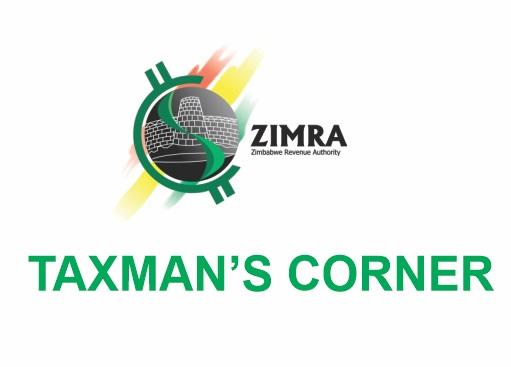According to the World Customs Organisation (WCO), the Post Clearance Audit (PCA) process is a structured examination, after Customs has released cargo of relevant commercial data, sales contracts, financial and non-financial records, physical stock and other assets of traders. The purpose is to measure and improve the traders' compliance. The WCO further states that PCA has proved to be an essential tool ensuring that Customs controls are effective in many aspects, including compliance with the WTO Customs Valuation Agreement. It plays a role in the implementation of an effective Customs risk management strategy. Through the application of a risk-based post-clearance approach, Customs Administrations are able to target their resources more effectively, create win-win partnerships with traders, who will be prompted to comply fully and voluntarily with the rules as this will facilitate clearance procedures, and hence trade.
PCA involves measures by which Customs Authorities satisfy themselves as to the accuracy and authenticity of declarations through systematic examination of client’s records and business systems. PCA is a Customs control measure used to promote trade facilitation that rely on risk management. An on-site visit gives Customs an opportunity to assist the client by educating or advising on procedures and regulatory requirements relating to Customs & Excise.
The legislative provision for Post Clearance Audit in Zimbabwe is contained in Customs & Excise Act [Chapter 23:02]. This legislation provides the obligations applicable to our clients in relation to Post Clearance Audits, and includes such requirements as the retention of clearance documentation for a period of 6 years, the need to produce such documentation on request by a ZIMRA officer, and the right of an officer to conduct the PCA. The legislation also provides the client with certain rights during the PCA which include the right to confidentiality, and the right to be informed of the results of the PCA.
The PCA process is designed to educate the client in areas where they may have some deficiencies and allows for the correction of systems, controls and processes within the clients work processes. It also provides the client with an opportunity to rectify any discrepancies noted during the clearance process some of which may not have any implications on the levels of duty paid on clearance. PCA also gives the client a platform to assess the capabilities of their clearing agents.

